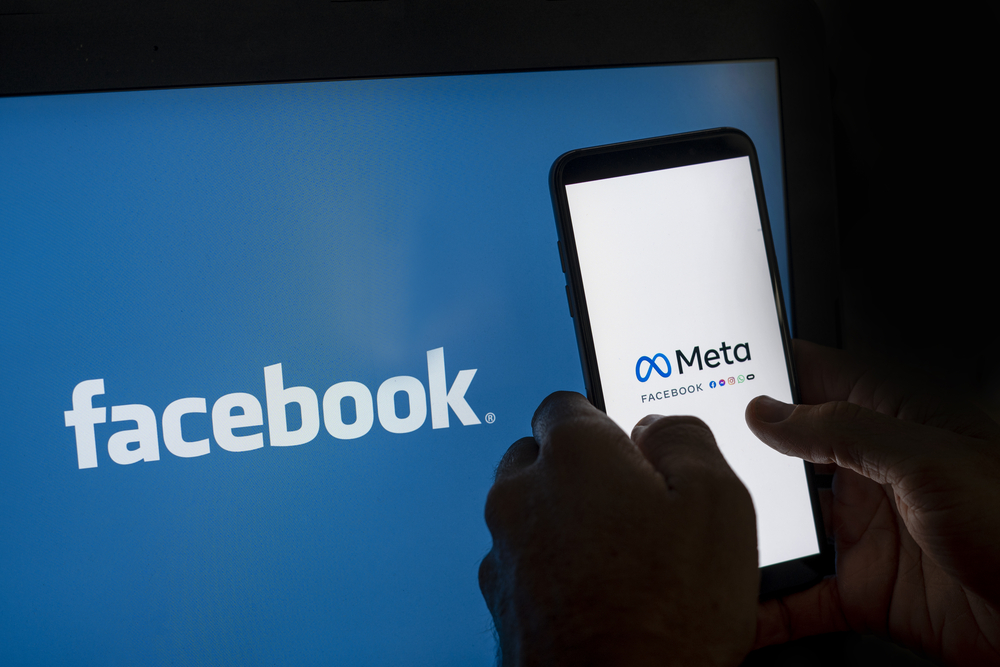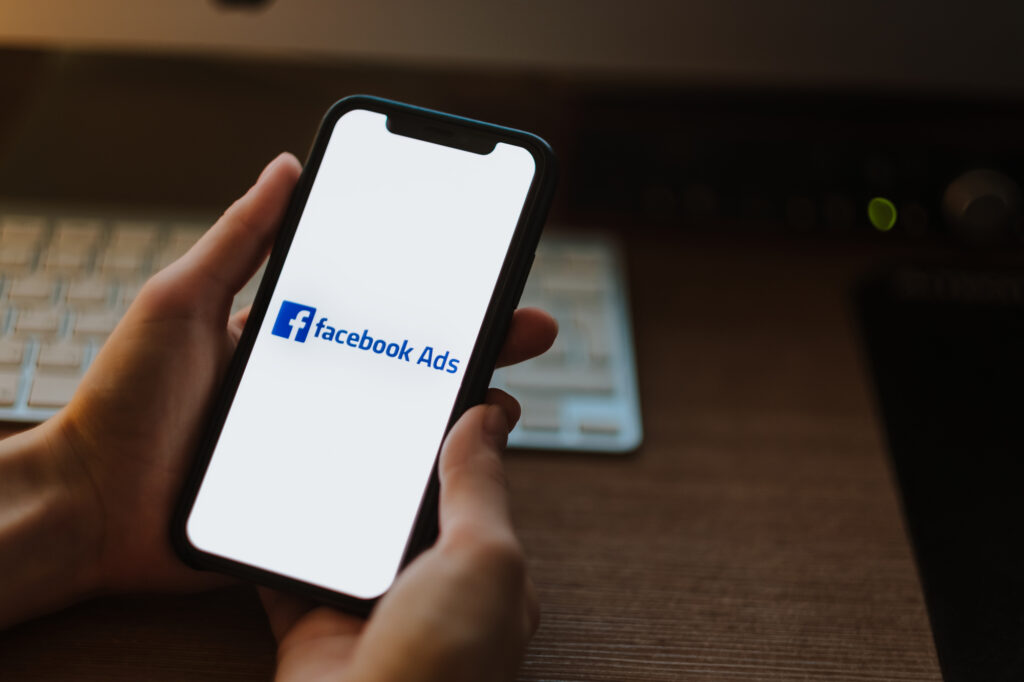Facebook is a great place for you to advertise your products and services. You can advertise to large audiences with 7 out of 10 adults who use this social media platform. Which is better, organic or paid Facebook advertising? Are you more comfortable with organic Facebook advertising, or are you willing to invest in Facebook advertising?

How can you tell the difference between organic and paid Facebook advertising?
Let’s begin by talking about organic and paid Facebook advertising and what they are.
Organic Facebook marketing
What does “organic Facebook advertising” mean for marketers?
Organic Facebook marketing refers to posts that you create on Facebook without spending any money. Similar to search engine optimization, or SEO, you can rank high on search engines without spending much money (if it’s something you do yourself and not hiring an agency).
These organic Google search results do not come with payment. These organic Google search results can also be found in organic Facebook posts.
You can market your business through organic Facebook marketing. It is essential for your social success.
Paid Facebook marketing
Paid Facebook Marketing is another option for organic Facebook marketing. If the post was paid for, the “Sponsored tag”, located at the top of an advertisement, can be indicated. Here’s a Wix advertisement that I found in my Facebook newsfeed.
Here’s one I found for Glossier. Paid advertising on Facebook offers many options. They have a variety of ad formats.
- Photo ads
- Video ads
- Advertisements in the right column
- Carousel ads
- Advertisements for dynamic products
- Slideshow ads
- Advertisements from the Collection
- Instant experiences
Facebook has many ad types and many targeting options. We’ll get to that later!
Comparison of organic and paid Facebook advertising: The pros & cons
Let’s now talk about the pros and cons of each.

The benefits of organic Facebook marketing
Organic Facebook marketing is a great option for many reasons. Here are some examples:
- It increases brand awareness. To see organic posts, users must follow you on Facebook. When they follow you, users expect to receive regular content. As you appear on the timelines and profiles of your followers, organically posting can help build brand awareness.
- It keeps your company in the forefront of their minds: They will see you more often on their timelines. You will remind your followers about your existence, unlike other companies that don’t post on Facebook organically.
- This creates a strong social media presence. They will look for you on other social networks if they get to know you outside of Facebook. If you don’t publish content organically, users won’t be able to find your content.
- It fills in the gaps left by ads: It is vital to keep your audience updated, even about products you don’t endorse. Your business is much more than the product that you advertise. You can use organic Facebook marketing to notify users about new products, events, or funny thoughts to keep them engaged.
- You can use organic posts to spark conversations. Users can comment on your post, and they can engage with you by commenting. You can reply to their comments and have conversations with them. This will enable you to build trust and provide customer service.
Cons of organic Facebook marketing
- Users must follow you to see organic posts. They can keep up with all the clever and funny stuff. Traffic-generating content You must have them follow you if your posts are on Facebook. If a friend shares something that you post, they might be able to see some of your organic content. They won’t be able to see your posts in a continuous stream. Due to the constantly changing algorithm, it is becoming more difficult to appear organically on users’ feeds.
- Targeting organic posts is impossible. “Calling all strawberry lovers!” Or “Listen up teachers! “),”), Facebook doesn’t offer any targeting options for organic posts.
Paid Facebook advertising: The pros and cons
For a variety of reasons, we love Facebook advertising paid.
- You have many options for ad formats: As we mentioned earlier, there are many ad format options. Facebook ads can be a great way for you to show your product or give your audience a quick experience with the service.
- You have many options for targeting users. This will allow you to reach the most relevant customers and place your products or services in front of them. This will lead to more sales in the long term.
- Paid Facebook ads can help you make sales and generate leads at a low cost. You can limit the number of ads that you pay per day and over the life of your ad so that you don’t spend too much.
- Increase your revenue through Facebook ads. This is especially true for Facebook ads. As you pay to have your products and services displayed in front of your target audience, you can expect an increase in your revenue year after year.
Facebook Advertising Cons: Paid
- Analytics takes time. If you use Facebook ads, make sure to allocate time for analytics. Spending money on ads that do not deliver could be a waste of your marketing budget.
- You can easily waste your budget if you aren’t careful. It’s a smart idea to employ a professional Facebook Marketing Agency to manage your advertising budget.
Which is better: Organic marketing or paid Facebook marketing
It’s possible to wonder which option gives you the best results when competing on Facebook between organic and paid. You won’t see the same amazing results with each option. You can achieve amazing results with each of them.

Your ads won’t reach your target audience if you choose only organic Facebook marketing. If you only choose to advertise on Facebook, your users will not trust you.
Facebook is a powerful tool that can be used for both organic and paid marketing.
Are you interested in paid and organic Facebook advertising?
Kobe Digital can help you increase website traffic, leads, and conversions via Facebook. Kobe Digital has been delivering results for clients for over a decade. Social media experts at Kobe Digital are specialists in social marketing.
We are also Meta Business Partners